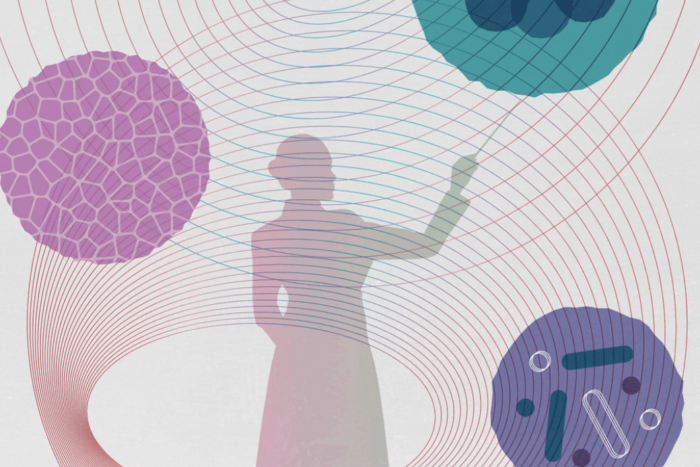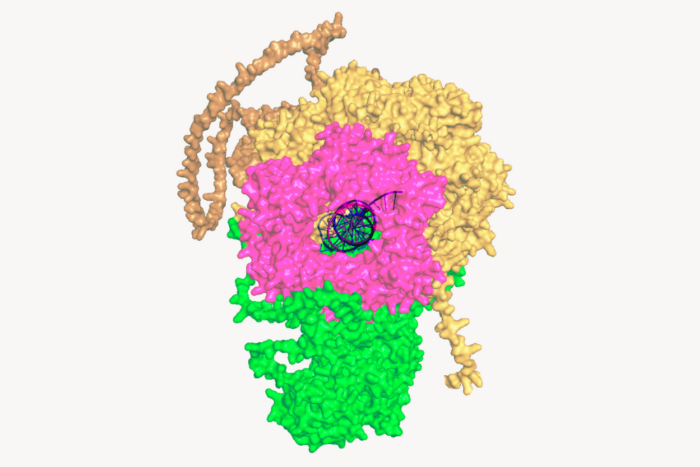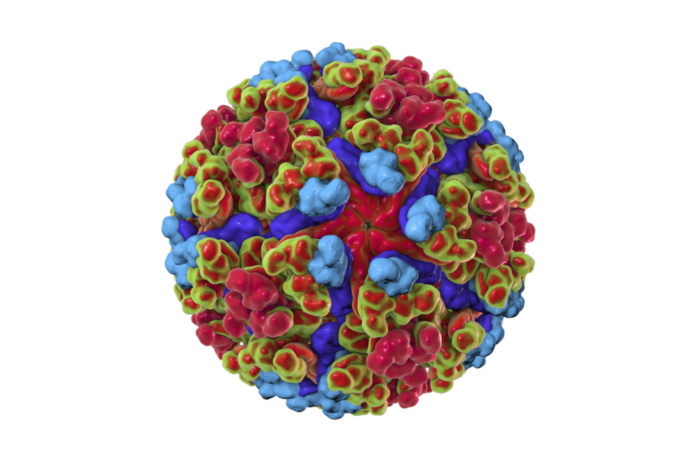Cori Bargmann awarded 2015 Benjamin Franklin Medal
Rockefeller University’s Cori Bargmann, a neurobiologist who studies the relationships between genes, neural circuits and behavior in roundworms, will receive the 2015 Benjamin Franklin Medal in Life Science. The award, announced this week, will be presented in April at The Franklin Institute in Philadelphia.
Bargmann, who is Torsten N. Wiesel Professor, head of the Lulu and Anthony Wang Laboratory of Neural Circuits and Behavior, and a Howard Hughes Medical Institute investigator, is being recognized for her contributions to neurobiology that have led to major discoveries elucidating the relationship between genes, neurons, neural circuits and behavior. She is among nine individuals who will receive awards from the Franklin Institute this year.
Bargmann uses Caenorhabditis elegans, a tiny worm with just 203 neurons, as a model for her work; despite its simplicity, many of the genes and signaling mechanisms used in the worm are similar to those of mammals. The ability to manipulate the activity of individual genes and neurons in C. elegans makes it possible to determine how neural circuits develop and function. Much of her work focuses on the worms’ responses to smell, which are among its most complex behaviors, and she is particularly interested in how genes and neural pathways allow the nervous system to generate flexible behaviors.
Reflecting the spirit of discovery embodied by Benjamin Franklin, the Franklin awards have publically recognized and encouraged preeminent accomplishments in science and technology on an international level since the Institute was founded in 1824. Past laureates include Thomas Edison, Marie Curie, Nikola Tesla, Stephen Hawking, Jacques Cousteau, and more recently Jane Goodall and Bill Gates. As of this year, 116 Franklin Institute laureates have gone on to receive Nobel Prizes.
Bargmann received her undergraduate degree in biochemistry from the University of Georgia and her Ph.D. from the Massachusetts Institute of Technology, where she also did postdoctoral work. She was on the faculty of the University of California, San Francisco, before joining Rockefeller in 2004. She is codirector of the Shelby White and Leon Levy Center for Mind, Brain and Behavior at Rockefeller and has been an investigator at the Howard Hughes Medical Institute since 1995. She has also served as co-chair of the advisory committee for the BRAIN Initiative, a $3 billion national research project launched by the Obama administration in 2013.
“Cori’s work in the lab has uncovered fundamental relationships between genes and behavior, and her leadership on the national stage has helped set ambitious priorities for the neuroscience community,” says Marc Tessier-Lavigne, president of Rockefeller. “The Benjamin Franklin Medal is a tremendous honor for Cori, and I am thrilled to congratulate her on this momentous achievement.”
Bargmann is a member of the American Philosophical Society, the National Academy of Sciences and the American Academy of Arts and Sciences. She has received the 2013 Breakthrough Award in Life Sciences, the 2012 Kavli Prize, 2012 DART/NYU Achievement Award, the 2009 Richard Lounsbery Award from the U.S. and French National Academies of Sciences and the 2004 Dargut and Milena Kemali International Prize for Research in the Field of Basic and Clinical Neurosciences.
Previous Rockefeller winners of the Benjamin Franklin awards include Detlev Bronk in 1961, Fred Seitz in 1965, Alexander Bearn in 2001, Joshua Lederberg in 2002 and Fernando Nottebohm in 2006.


